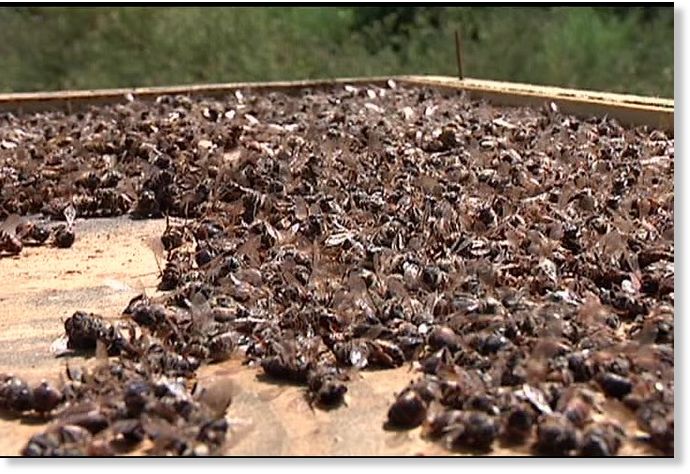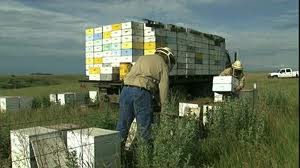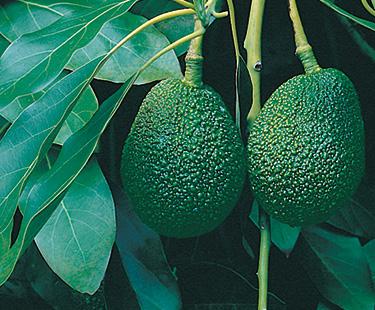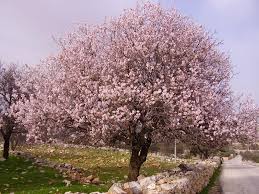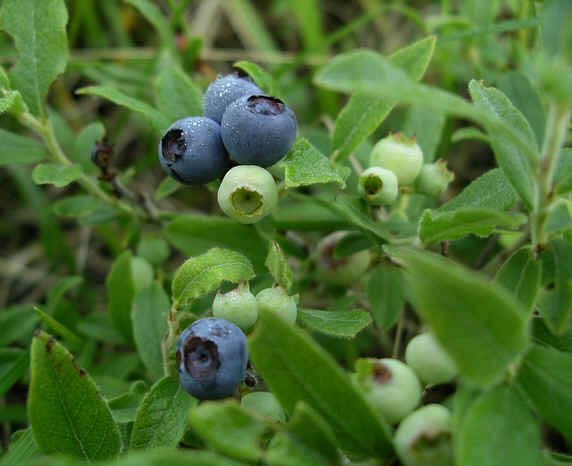Our Bees are dying at an alarming rate. Actually dying is the wrong word to use. The Bees are vanishing, like something out of a science fiction movie. If you haven’t heard about this problem yet, please let me bring you up to date.
Colony Collapse Disorder
The phenomena is known as “Colony Collapse Disorder”. Bees have vanished in huge numbers to the point that crops such as almonds, avocados, blueberries, pears, plums and apple crops may fail THIS YEAR, as a result of nothing more than not being pollinated. That’s right, no blight, pests or weather problems, just a lack of Bees. The photo above is an unusual occurrence of a colony of dead bees. Most of the time the colony just disappears. It seems that bees are so smart that if they know or sense something is wrong with them they will basically commit suicide so not to infect the colony.
Experts Don’t Have A Clue
Oh sure, there are people who have good educated guesses at what might be causing the problem, but nobody knows for sure. Could be pesticides, GMOs, a bacteria or a virus or a combination of all of those things.
Bee Keepers
When you think of bee keepers, most people envision a person in a funny white outfit harvesting honey from hives. Bee keeping has made it to the “big business” scale. There are bee keepers who travel the country in multiple tractor trailer rigs full of bees. They hire out to large farmers for specific periods of time to let their bees loose on the farm to pollinate the crops at just the right time.
Crops
Imagine no more blueberries, almonds or avocados this year
So, how can we save the bees?
The following is from an article in the Food Renegad written by KristenM
1. We should err on the side of the environment, rather than on the side of economic profits for the pesticide industry, and immediately ban neonicotinoids.
2. We should encourage and support local beekeepers feeding their bees honey rather than HFCS. Heck, why not start keeping your own bees?
3. We should plant bee-friendly flowers and allow the pollinators free reign in our lawns and gardens instead of immediately trying to kill any nearby hives.
4. We can encourage and support the work of researchers trying to breed sturdier bees.
The report recommends stepping up efforts to identify genetic traits in particular bees that make them resistant to suspected causes of CCD. Some honey bees, it turns out, take “suicidal risks” when infected with disease to prevent spreading the contagion to the colony.
The report also suggests importing Russian honey bees and other “Old World” bees to diversify bee breeding stock and build up CCD resistance. Scientists already have begun to stockpile bee semen and germplasm in case the worst comes to pass.
(source)
All of this together may not be enough. There are still too many unknown variables — like GMO crops where the plant itself is registered as an insecticide with the EPA.
Who can say what the long-term effect of these crops is on the honey bee population? Perhaps they are like neonicotinoids — initially appearing safe, but ultimately weakening the bees across generations.
Conclusion
As always let logic be your guide. If you’ve never gotten behind a “cause” before, this might just bee the one to start with. Call your local and state representatives and tell them you are worried. They all have phone numbers with answering machines to record your concerns. Heck, sometimes a real person will answer. Call your extension service and ask what you can do to help. Write me and tell me you are concerned and I’ll pass it along – jughandle


